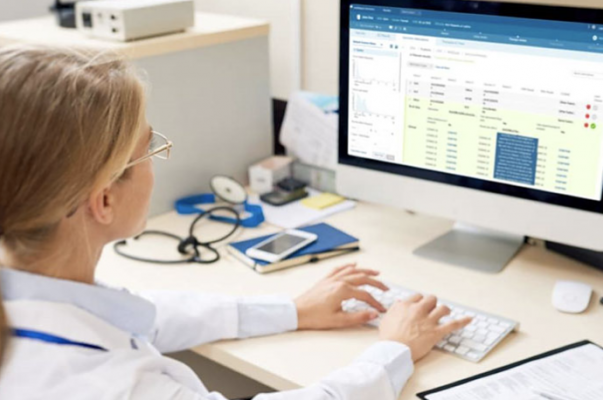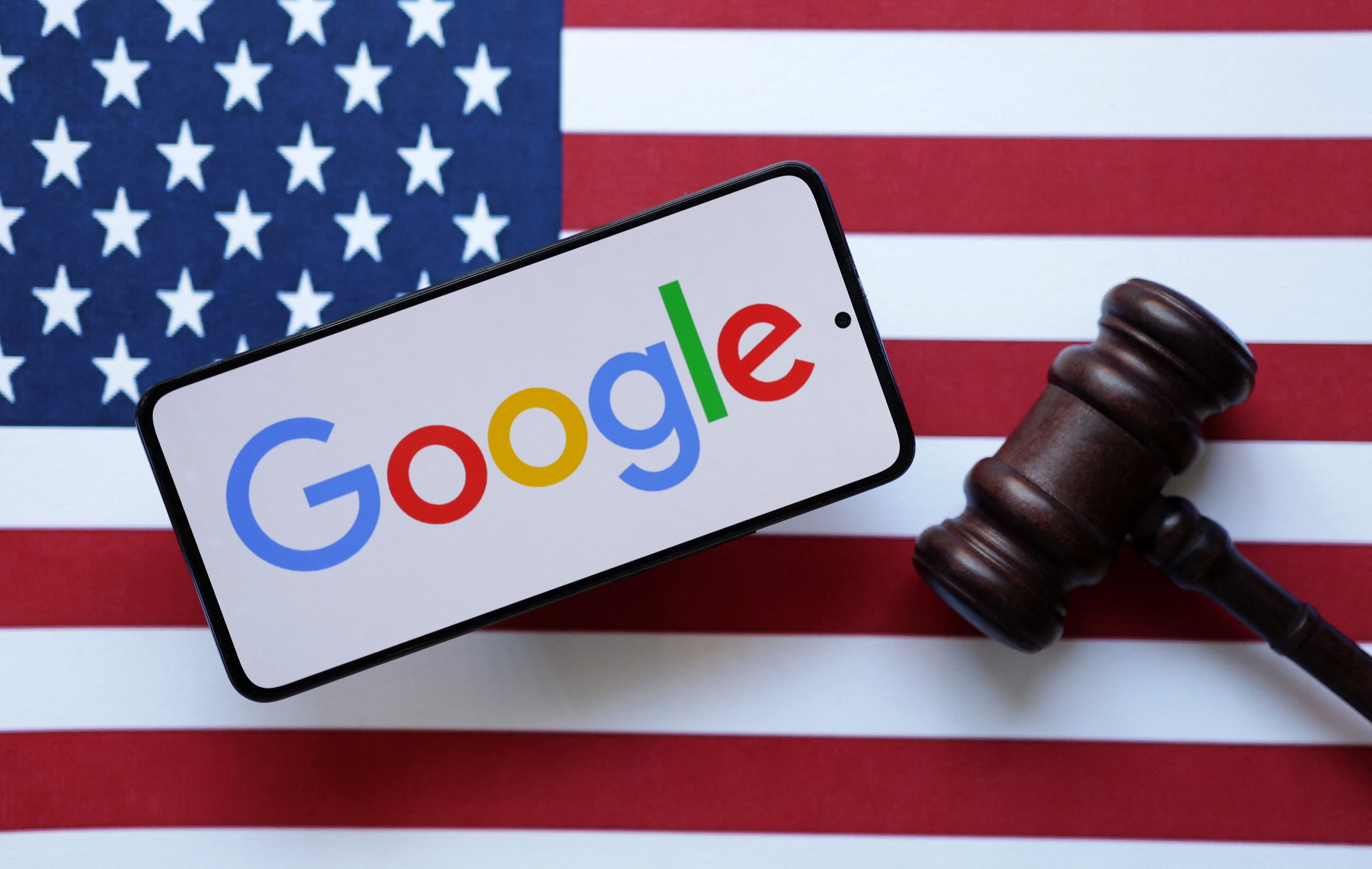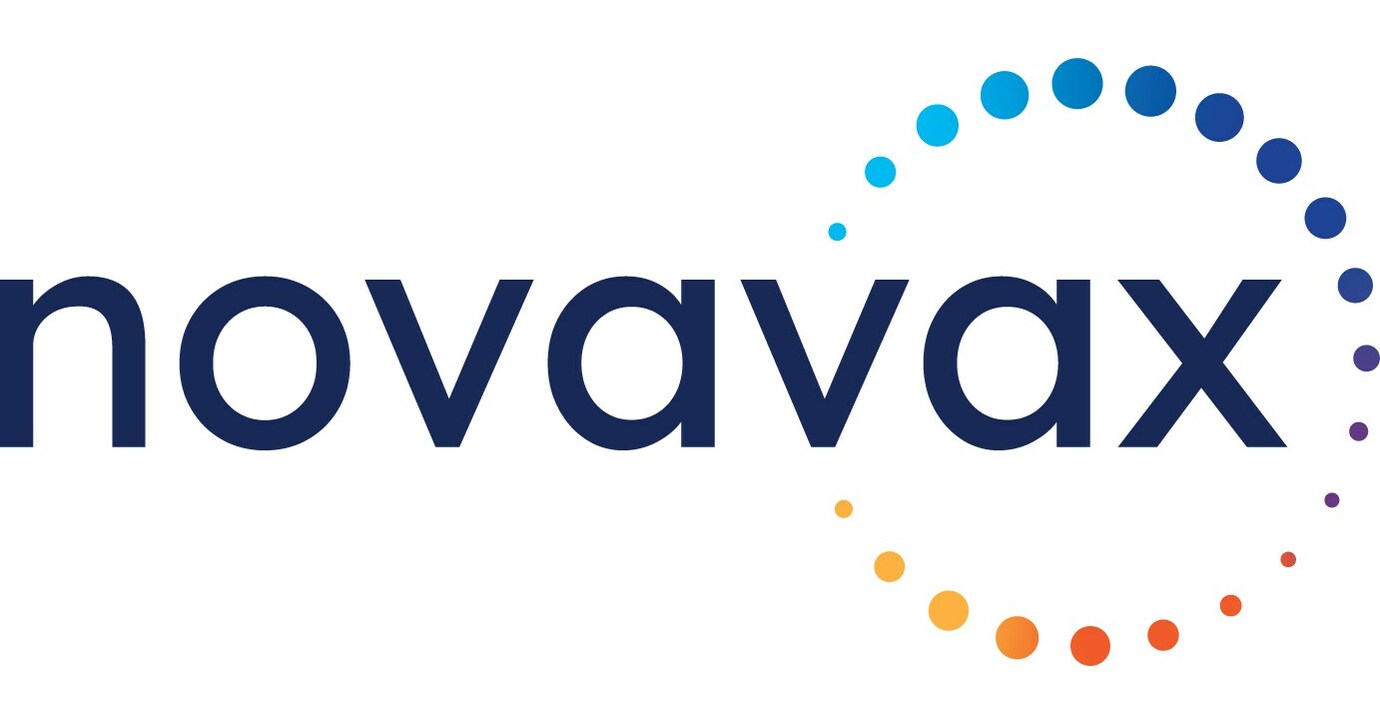
It seems that a lot are talking about Next Gen EMR. EMR, Electronic Medical Record, is the buzzword in the medical community right now. Will this new electronic medical record revolutionize the way doctors’ documents patient information? Can it replace the current paper-based system?
How much does NextGen EMR cost? Pricing, to be exact. MediTouch EMR/PM (unlimited practice provider): This plan costs $ Lug every month and is designed for unlimited providers who submit up to 100 EMR claims per month. You have access to a physician’s professional credentials but no electronic medical records or virtual environments. While this does not come cheap, you can get away with this plan if you are a small practice with many offices and a few patients.
Can Next Gen EMR integrate with the new clinical data capture and service offerings from Aarin? Yes. The next-gen EMR will allow you to enter data directly into your electronic health records. Another great idea from Aarin is the ability to capture blood glucose level readings directly into your electronic health records. Currently, this is only available in the venous mode. However, according to Aarin, this “idea” is not far off, and they have “some pretty exciting technology” to share at a later date.
What are the benefits of using semantic EMR versus the current paper-based clinical documentation? According to several sources, one of the biggest benefits is the ability to “meaningfully use” the clinical data. Meaningful use means you can use the data to make informed decisions about your care. In other words, EMR allows you to tell if your treatment is working.

Are there differences between paper and next-gen text-based EMR? No. Both are useful for communicating information about your care, but as an administrator or practitioner, you have the flexibility to decide which format best suits your needs. The important thing is to recognize that both formats can provide you with the same level of meaning.
Can I convert my current paper documents into another format, such as excel or even Word? Yes. You can easily convert your Word or Excel documents into an RDF site. Moreover, because clinical data is considered private, all parties involved, including doctors, have agreed to abide by certain rules (such as releasing patient information). This ensures that all parties have access to the same accurate, up-to-date clinical documentation.
Can I use the semantic index to store my data? Yes, you can store any RDF data into an RDF site. A semantic index maps a word to its meaning and stores this meaning on the semantic domain object. You can also specify how frequently a semantic index updates its data. The advantage to storing clinical data in an RDF site rather than in a paper or electronic format is the ability to access this data quickly and efficiently by any user, regardless of the platform used to create the data repository.
How easy is it to implement the semantic search? Because RDF is strongly typed, it guarantees that you will always get meaningful use from the data returned to you. Implementing RDF is easy, and the resulting product, the semantic search, is very powerful when used for clinical documentation.
Will the semantic search engine be appropriate for my medical practice? For most medical practices, likely, the semantic search is not appropriate. Many RDF sites intended for medical use make the mistake of assuming that any data fed into a neural network will be appropriate for human consumption. The truth is that semantic search is very different from natural language processing. Natural language processing involves a more structured approach to information and can easily identify relevant words in a sentence, making it very efficient for finding information in clinical documentation.
Will applying the next generation technology directly help me save money? One important metric to consider when evaluating cost-effectiveness is the time needed to train and monitor a new system. Even if the system works well in theory, the system will not pay off if your staff cannot learn how to use it properly and effectively. Training time is especially important if you operate a specialty clinic because the diagnostic methods used in such specialty clinics are very complex.
Is the proposed medical cost-effectiveness going to be mitigated by any additional costs? One concern is that if the proposed clinical information management system becomes established, the added workload will likely make it too difficult for the providers to keep up with. Another concern is whether the added workload will drive down diagnostic accuracy or lead to more false negatives, causing increased costs and missed opportunities to treat diagnostic adverse events.





